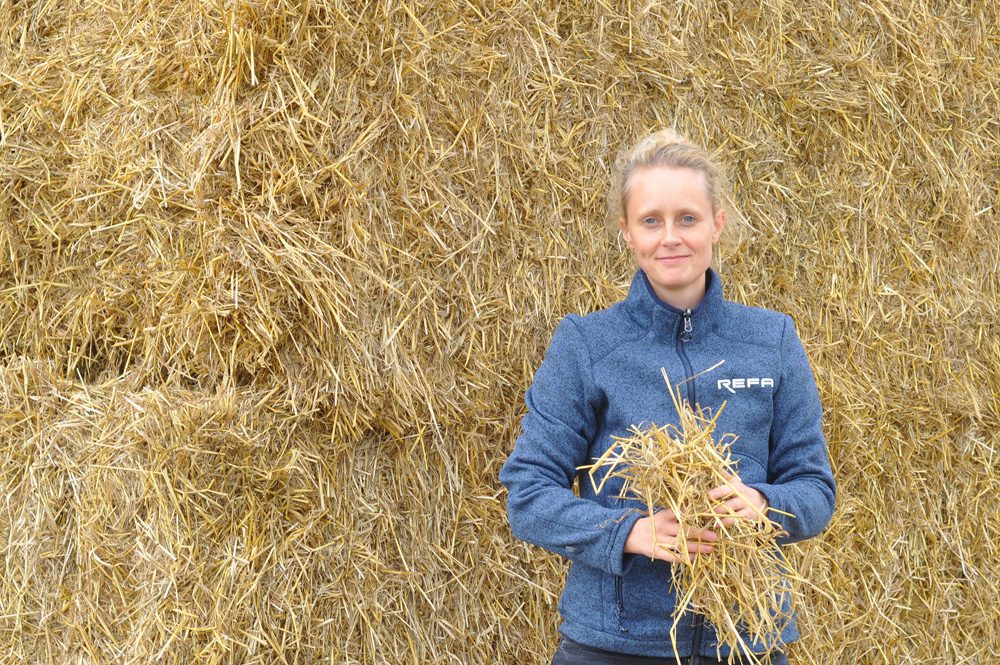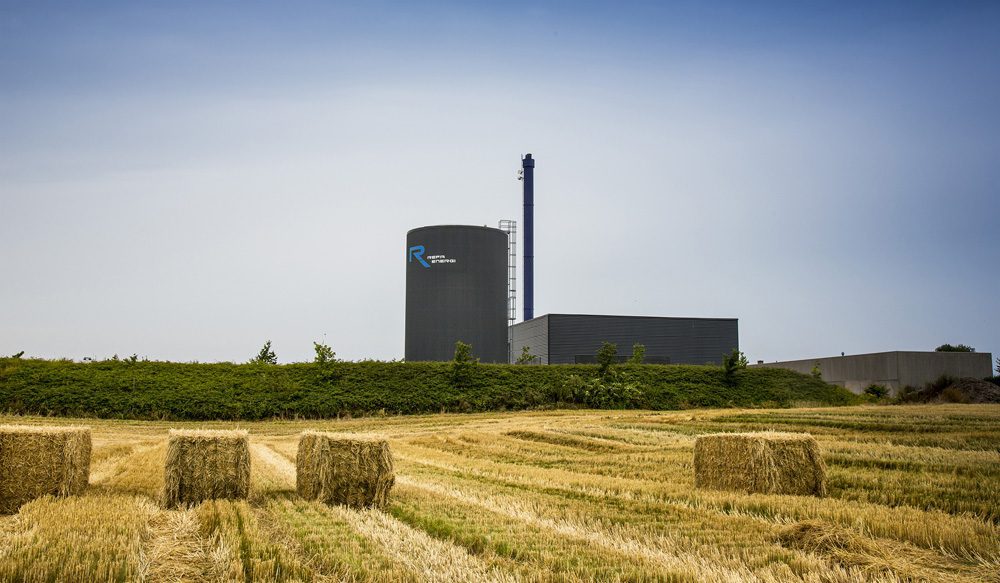Guldborgsund is a Danish municipality located in the two south-east islands of Lolland and Falster bordering the Guldborgsund strait. It is an agricultural part of the country where local farmers are plant production specialists and produce large amounts of bioresources from sugar beet to grass seed, quinoa and pulses. Thanks to that, there is a unique opportunity not only for sustainability challenges, but also for economic growth and job creation in the area.
REFA is the intermunicipal company in charge of managing waste and other bioresources on behalf of Guldborgsund and Lolland Municipalities. Their work focuses on the circular economy, notably on future valorisation of household biowaste as part of the local circular bioeconomy, by recycling and producing energy.
“We are committed to advance in urban bioeconomy to ensure that future generations can access the same bioresources that we do,” explains Julie Priess Hansen, project manager at REFA, about their reason for being.

Waste management is REFA’s core service, they receive some 100.000 tonnes of waste per year. At their recycling centres, anyone can drop off anything other than food waste and most of the material is recycled into new products. Denmark set a target to recycle 50% of the household waste by 2022 and to contribute to it, the company is also collecting batteries, glass, paper and metal from citizens’ homes since 2017.
But REFA is also an energy company with a focus on district heating and electricity obtained from biomass. They run five biomass power plants in local communities, where they produce energy from local straw and wood chips, displacing the use of coal and other fossil energy sources. In collaboration with Best Green, REFA produces and supplies green electricity and heat to 32.000 households, 55% of all district heating on Lolland-Falster, in areas where it is not available.
Food waste is an important bioresource and when it is incinerated, the nutrients are lost. This is why from 2022 REFA will collect food waste separately from all households and use it for biogas production. The degassed food waste will be used as fertilizer on local fields too. They expect to generate about 10.000 tonnes of organic waste per year, of which they expect to sort out some 8.000 – 9.000 tonnes.

REFA also runs a school programme since 2007, as part of its commitment to the future. Children from Guldborgsund schools can take free tours and practical exercises at the company’s facilities to learn about resources, environment and energy. They show the students what happens with their waste so they can experience the positive implications of reusing and recycling and this can have a real impact in their education as world citizens.
Bioresources and how we preserve them for future generations will be key to the circular economy of our cities. REFA’s efforts in this regard are a source of inspiration for all the HOOP network of cities and regions and can be adapted and replicated by joining the HOOP network and sharing experiences with all its members.
